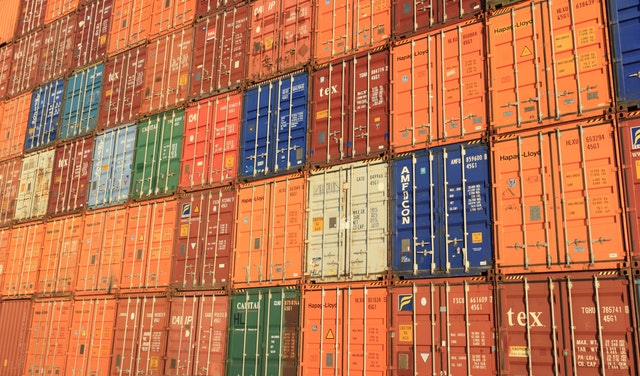Africa unites to create one of the world’s largest trade blocs

The African Free Trade Area (AfCFTA) has been signed by the 44 countries, creating one of the world’s largest trade blocs.
The deal comes into effect in six months, and removes barriers to trade including import duties and non-tariff barriers.
It is hoped that such trade liberalization will improve intra-continental business. Currently, intra-African trade is relatively low, representing some 10% of commerce on the continent (compared with one-quarter in south-east Asia).
African industry is also notable for its low levels of manufacturing (as compared with trade in raw materials), which could also see a boost from the AfCFTA.
Supporters of the agreement have described it as an opportunity to increase prosperity for 1.2 billion Africans.
Pointing to the experiences of Latin American countries following the introduction of the Mercosur trade bloc in 1991, Devashish Mitra in IZA World of Labor says that there is strong evidence to support claims that such agreements can lead to significant welfare gains to the poor and a reduction in poverty.
“Overall, the analysis finds significant welfare gains for the poor and a reduction in poverty, both of which were attributable to increased trade,” he says.
The AfCFTA was signed at a summit of the African Union (AU) in Kigali, Rwanda. The summit was also marked by a commitment to free movement of persons by 27 member states, in a move that was hailed as a significant forward step toward the AU’s 2063 project for closer African integration.
Many of Africa’s current leaders have been noted for their commitment to such Pan-African integration, which has been credited with accelerating the formation of a continent-wide agreement—something that has been on the table for decades.
However, not all of the AU’s 55 member states signed up, with Nigeria and South Africa (the continent’s two largest economies) among the ten countries declining to join.
Nevertheless, Albert M. Muchanga, AU commissioner for Trade and Industry, remained hopeful, describing himself as “very very certain” that the other countries would eventually come on board.
Noting the positive boost that trade liberalization can give to welfare increases, Devashish Mitra also warns that it should not be seen as a panacea: “International trade can contribute to economic growth, and thus can help many poor people escape poverty.”
“However,” he continues, “the domestic environment has to be conducive to realizing the poverty-reduction benefits of increased trade. Complementary domestic policies and institutions needed include regulations that foster labor mobility, adequate financial development, and good public infrastructure.”
Read more of our articles on trade policy and labor markets.
Contact a topic spokesperson.